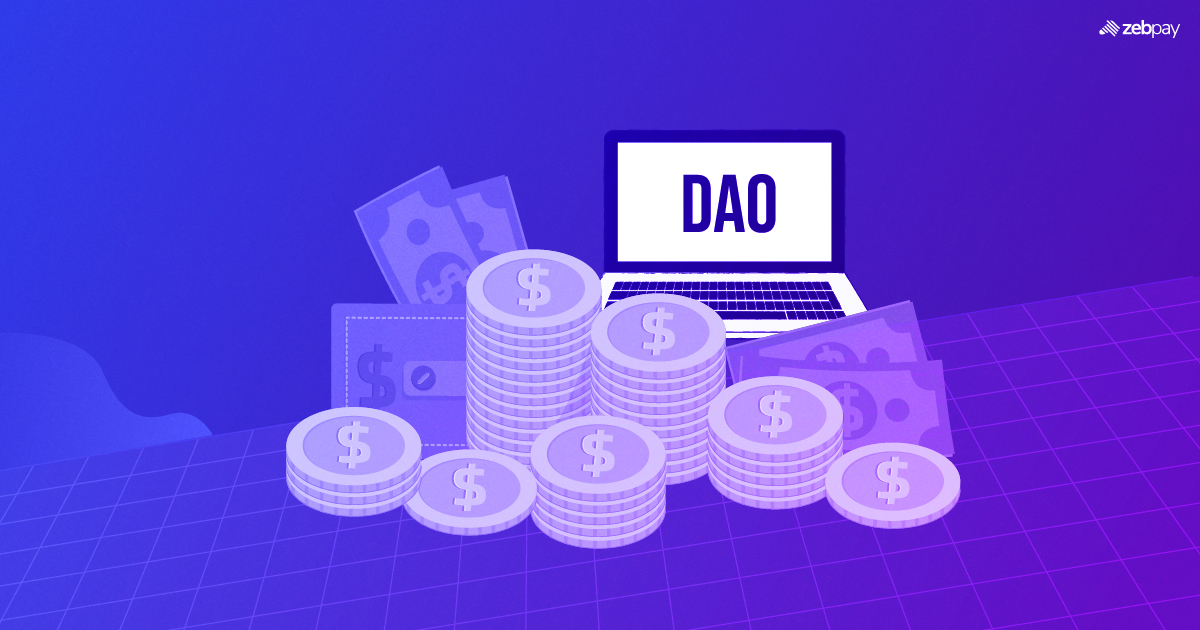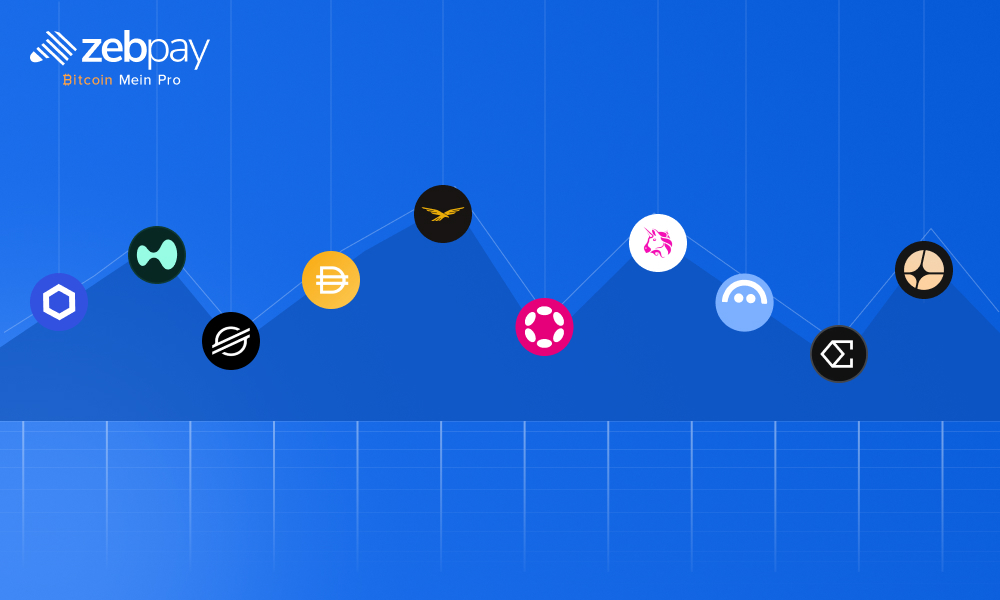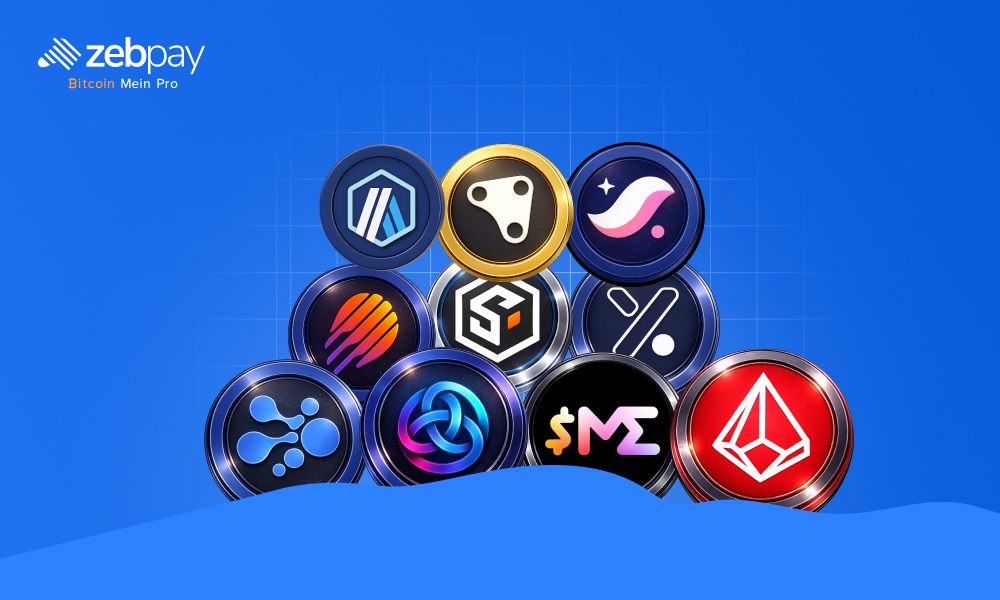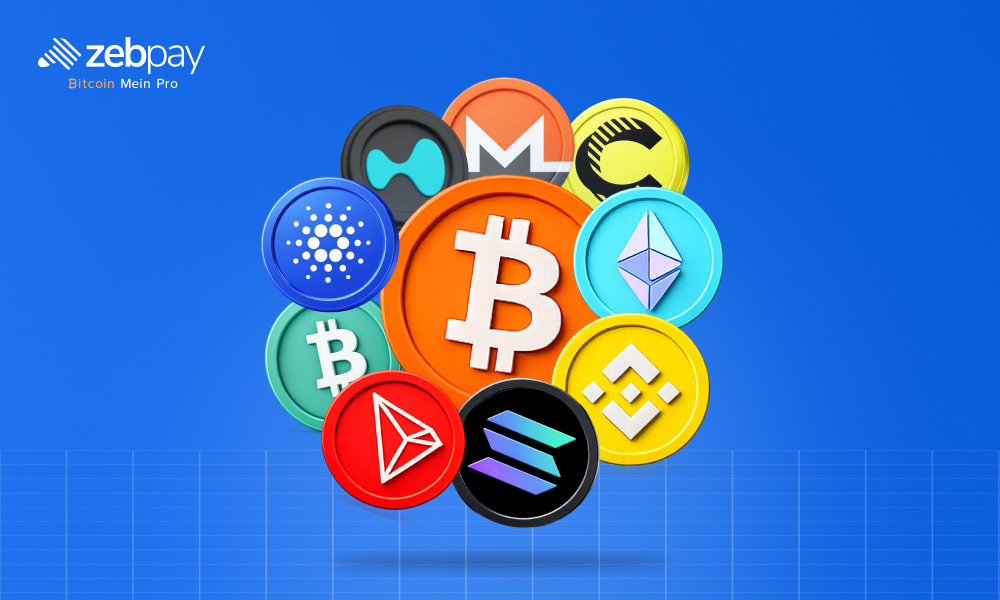A decentralized autonomous organization or DAO is an autonomous digital entity that operates without any intermediaries as it uses blockchain technology. DAO members employ decentralized voting methods to govern the organization. It works on the principles of decentralization, openness, and collective responsibility, which are vital to the blockchain industry. They are growing in popularity in different sectors like arts, finance, and sports. Some of the benefits that are driving this growth include autonomy, transparency, efficiency, and inclusivity.
Traditional financial institutions such as banks are some of the most centralized entities in the world. A small group controls their functioning, which is often opaque. This centralization can make organizations prone to fraud, mismanagement, and corruption. DAOs can address these issues as they are based on blockchain technology and can offer decentralization, transparency, and robust network security. DAO and decentralized finance (DeFi) have many synergies and are vital for a more open, democratic, and equitable monetary system. They can make financial services available to the unbanked and make decision-making more democratic and transparent.
Read more: What is DAO
The Potential of DAOs in Financial Governance
DAOs ensure maximum levels of decentralization and enable seamless collaborations. They support greater accountability as every member is held accountable for their vote and the voting results are publicly viewable. They use digital ledgers to record all transactions and ensure transparency of all DAO activities. They allow for democratic control over their funds that ensure their smooth functioning. Each DAO member has equal voting powers and collectively votes on important decisions, giving each member a say in how the funds should be utilized.
DAOs can help companies lower their costs by eliminating the need for intermediaries. Traditional organizations rely on intermediaries to facilitate transactions and ensure regulatory compliance. On the other hand, DAOs employ Smart contracts to automate their processes to increase efficiency and reduce costs. They can improve financial governance through democratic governance, transparency, accessibility, and global collaboration.
Use Cases for DAOs in the Financial Sector
DAOs offer decentralized and innovative solutions to improve DeFi offerings such as lending, borrowing, and decentralized exchanges (DEXs). They enable peer-to-peer transactions governed by Smart contracts to transform DeFi activities. Some DAO use cases in finance include:
- Decentralized lending protocols are some of the most promising DAO applications. They enable lenders to supply crypto assets to DAO lending pools. Lenders have the freedom to set their terms and interest rates. Borrowers have to accept these terms to acquire loans from these lending pools. For example, MakerDao enables users to lock up ether as collateral and get DAI stablecoins in return that are used for borrowing. These loans are governed by Smart contracts, and no centralized intermediaries are involved.
DAOs can also leverage lending protocols to borrow funds for their operations. Members collectively vote on fund investments, operations expenses, and borrowing assets from lending pools.
- Another vital use case is decentralized exchanges (DEXs). They can provide the necessary infrastructure for DAOs to grow from newly acquired assets and traffic. DEXs can keep crypto assets secure without centralized intermediaries. They can also facilitate large orders cost-effectively and securely using tools like time-weighted average price (TWAP).
- Another use case is the tokenization of assets within DAOs. This process creates new economic models that empower members to participate in value creation. DAO token holders are rewarded for their contributions, fostering a vibrant, innovative ecosystem. A tokenized economy can lead to opportunities such as shared ownership, decentralized marketplaces, and other novel business models.
Integration of DAOs with DeFi
DAOs and DeFi have different origin stories, but their features highly complement each other. DAOs can make DeFi protocols more transparent and provide democratic governance to achieve collective consensus. DeFi offers DAOs tools to manage funds and crypto assets in a decentralized manner. DAOs offer greater flexibility and freedom with various protocols, with the possibility of new use cases in the future.
Most DeFi protocols function as DAOs, such as the AAVE protocol. It is a DeFi DAO that allows users to borrow crypto assets and earn interest from deposits and loans. It operates on the Ethereum blockchain and is an open-source protocol that can support other blockchains in the future. DeFi DAOs are ideal for DeFi applications such as lending protocols and enabling smooth transfers of crypto tokens among blockchains. DeFi protocols can leverage DAOs’ capabilities to manage vital functions such as defining collateral requirements, introducing new features, and setting interest rates. DAO governance enables DeFi protocols to involve their community in decision-making, fostering a decentralized and inclusive landscape.
Smart Contracts and Automated Financial Operations
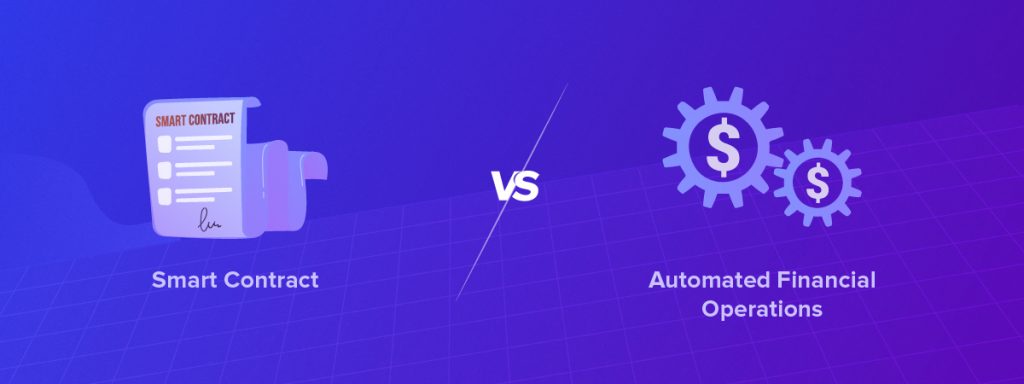
Smart contracts can automate most tasks performed by investment managers, such as asset allocation, compliance, and monitoring asset performance. This functionality can free up valuable time for financial advisors to offer other vital services to their customers. Crypto tokens can empower investors to decide the operational methods of a DAO. This feature will ensure more accountability and transparency from advisors.
Smart contracts are used to construct DAO rules, set by a core team. These Smart contracts are publicly auditable and verifiable and are the basis for DAO operations. One of the significant issues with DeFi is its inability to access real-world data. This issue can be addressed through the integration of oracles. Oracles can help provide reliable data as they act as a bridge between blockchain networks and external data sources. Oracles usage in DeFi will increase substantially, enabling applications to access price feeds, stock prices, real-time weather data, and more. This integration can lead to advanced DeFi products and services.
Read more: What is the Future of Smart Contract
DAOs and Regulatory Compliance
DAOs face many legal challenges, such as liability risks, tax compliance, and other regulatory uncertainties, which can prove detrimental to their broader adoption. New legal frameworks must be framed to ensure DAOs’ compliance with existing laws while still being decentralized. These frameworks are vital for DAOs to sign contracts and enter into agreements.
DAOs may be treated as a general partnership if not incorporated. It can make all members liable in the event of a legal issue. They also need regulations to legitimately hire employees. They must fulfill tax obligations to ensure compliance and consider tax implications for every financial transaction. Legal frameworks can also protect DAOs from disputes and cyberattacks.
Challenges and Opportunities
DAOs offer many opportunities for the DeFi sector but also have a few challenges that need to be addressed for their broader adoption.
- Regulatory uncertainty: Today, DAOs operate in gray areas with no clear regulation. This can create legal risks for users and businesses.
- Scalability challenges: DAOs lack a well-developed infrastructure as they have to develop it themselves, which can prove challenging. They often lack the infrastructure for treasury management, payroll, governance, and communication. DAOs can lose members without the infrastructure to handle various functions. However, more collaboration and innovation can help solve some of these issues.
- User Experience and Adoption Hurdles: The user experience of DAOs needs to improve rapidly to attract more users. This can be done by enhancing user interfaces and simplifying complex processes to onboard non-technical users.
- Innovation and Experimentation: DAOs can provide a platform for innovation and experimentation, as ideas can be tested and implemented rapidly. They can also facilitate the development of new technologies and social impact initiatives and disrupt conventional business models.
Future Trends and Developments
The synergy between DAOs and DeFi can lead to various future use cases. They also create use cases beyond the financial world, such as social media, gaming, the supply chain, and more. DAOs can streamline various DeFi operations through collective decision-making and automating processes such as lending, borrowing, and asset management. The future of DAOs does not mean the complete removal of traditional management structures, which can lead to hybrid governance models. Traditional organizations can offer resources and regulatory compliance to DAOs, whereas DAOs can offer transparency, efficiency, and decentralization to their traditional counterparts.
Conclusion: Transforming Financial Governance with DAOs
The opportunities of DAOs and DeFi are immense and include empowering communities, democratizing financial processes, and enabling decentralized decision-making. The impact of DAOs on the DeFi sector can be significantly greater through the evolution of governance mechanisms, tokenization, and interoperability. Clear legal frameworks can ensure compliance and user protection. There is a need for industry leaders and regulatory bodies to collaborate for its broader adoption. Robust security measures, improved user experience, and research can enhance the adoption of DAOs in the financial sector.
To stay up to date with the latest crypto news, visit ZebPay blogs. Click on the button below to trade on ZebPay.

